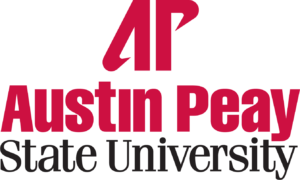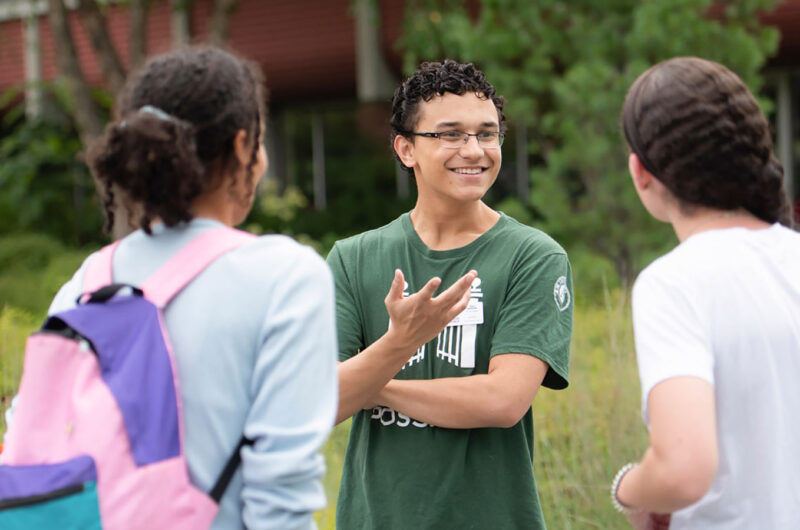 Catalyze success coaches faced the challenge of maintaining student relationships they built on- campus when the COVID-19 pandemic forced a transition to online coaching nearly halfway through their term of service. We reached out to success coaches Hampton Freeman, Gaby Rios, and Edward Greer at Austin Peay State University to learn how they’ve utilized their training in relationship building to stay in touch with students and ensure they are on track to graduate.
Catalyze success coaches faced the challenge of maintaining student relationships they built on- campus when the COVID-19 pandemic forced a transition to online coaching nearly halfway through their term of service. We reached out to success coaches Hampton Freeman, Gaby Rios, and Edward Greer at Austin Peay State University to learn how they’ve utilized their training in relationship building to stay in touch with students and ensure they are on track to graduate.
What inspired you to become a College Possible success coach and AmeriCorps member?
Hampton: What inspired me to become a College Possible success coach was the ability to help people that come from the same background as me, potentially. Knowing that I was the first to finish high school let alone a college degree inspired me to return that opportunity that was given to me to others.
How have you been able to maintain relationships with students throughout the transition to virtual instruction?
Hampton: For the most part, the relationships that have been sustained throughout the transition all online were the ones that were already really strong, I just continue to text, call, email, etc. every student, and without being aggressively in their face just letting them know that support is still there for them. Also, a big thing is not talking about school stuff, letting them guide the conversation about their summer plans, or favorite series they have started on TV, and not always talking about business because the world is stressful enough already.
What has been the biggest takeaway from your training with College Possible and Austin Peay State University?
Gaby: [This experience] has allowed me to [see] higher education from the perspective of students from disadvantaged backgrounds. […] Working with College Possible and my alma mater has truly made me feel like positive change for low-income and first generation students is possible. I am now confident that individuals and groups have the power to create equal, educational opportunity for all.
Edward: I think the ultimate takeaway from this first term of service is that things can always change for better or for worse. The COVID-19 crisis has certainly made that even more apparent. I’ve learned to be flexible, adaptable, and to definitely have backup plans.
How do you feel your skills in relationship building have grown since the beginning of your term of service?
Gaby: I’ve learned to not be so afraid to be vulnerable in my relationships with students. They have displayed courage by sharing their personal and impactful stories with me despite having known me for only a few months. My students have taught me that sharing vulnerability is a sign of care, compassion, and trust and is a critical component of healthy relationship building and management.
In what ways do you think your ability to build and maintain relationships with your students affects the impact you can have in their journey to college graduation?
Edward: A persistent and compassionate coach can mean the world to some students. Students are, understandably, hesitant to talk about their life to a stranger. After building on my relationships with compassion and trust, I’m able to help my students out in ways that they might have otherwise been quiet about. There are many things that can affect a student’s journey like bad grades; or even crises like housing or food insecurity. After maintaining relationships with my students, though, I’ve been able to help them navigate [out of] those situations and toward their degree.
By Sarah Calire

